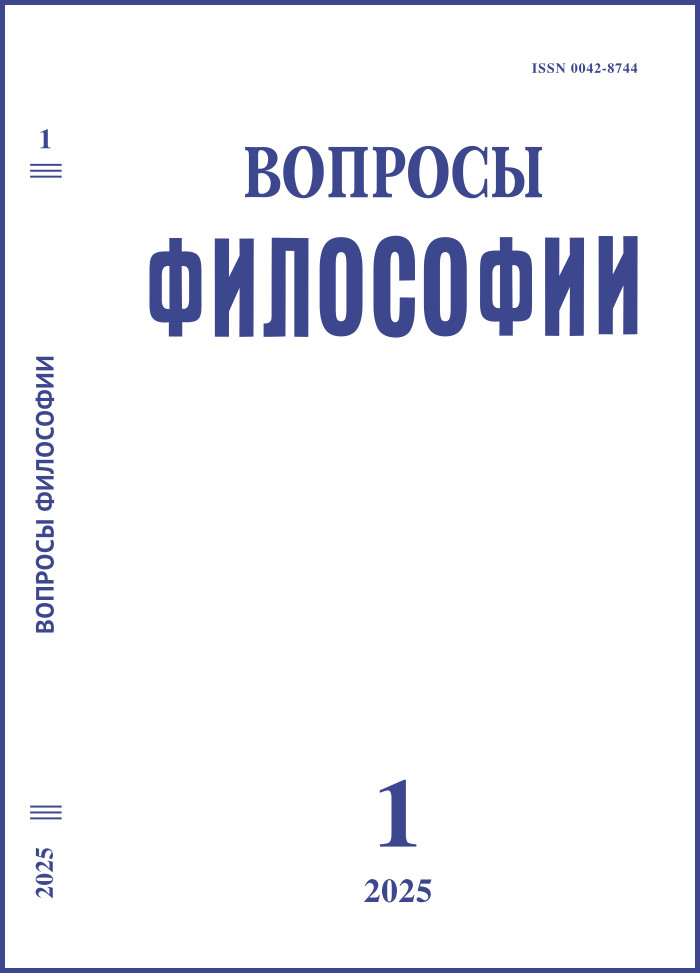The Novel “Demons” by F.M. Dostoevsky and an Attempt to Re-evaluate the Personality of S.G. Nechaev in Soviet Historiography in the 1920s and 1930s
DOI:
https://doi.org/10.21146/0042-8744-2025-1-128-139Keywords:
Dostoevsky, the novel “Demons”, S.G. Nechaev, nechaevism, A.I. Gambarov, B.P. KozminAbstract
The article is a continuation of our article “An Attempt to Re-evaluate the Personality of S.G. Nechaev in Soviet Historiography in the 1920s. Background and Context”, Voprosy Filosofii, Vol. 5 (2023). Both articles are devoted to the problem of a positive re-evaluation of the activities of the radical revolutionary S.G. Nechaev, who served as the prototype for the image of Pyotr Verkhovensky in F.M. Dostoevsky’s novel “Demons”. If the article of 2023 provides a general political context in which the figure of S.G. Nechaev was discussed, and then examines the attitude of K. Marx, F. Engels and V.I. Lenin towards it, then this article analyzes a number of works by historians well-known in those years, which shows how this trend gradually increased literally from 1917. The culmination of this tendency was the book by A.A. Gambarov, “In the Disputes about Nechaev”, which was a sensation at the time. In this book, the author declared Nechaev to be the forerunner of Bolshevism, and his methods of action to be truly Bolshevik.Конец формы The book provoked sharp criticism from the famous historian of the revolution B.P. Kozmin, who called the book fantastic. In particular, he rightly said that the Nechaev circles of 5–6 people, which was typical for revolutionary conspirators of the 19th century, should not be considered an organizational harbinger of the party. As a result, it can be stated that an attempt to re-evaluate Nechaev’s personality in a positive way, that can be explained in many ways by the revolutionary and romantic spirit of the 1920s, failed in the USSR. Nechaev remained the monster and enfant terrible of the Russian revolutionary movement. His introduction into the ranks of the forerunners of Bolshevism discredited the party, cast an undesirable shadow on its organizational, political and ethical methods.

